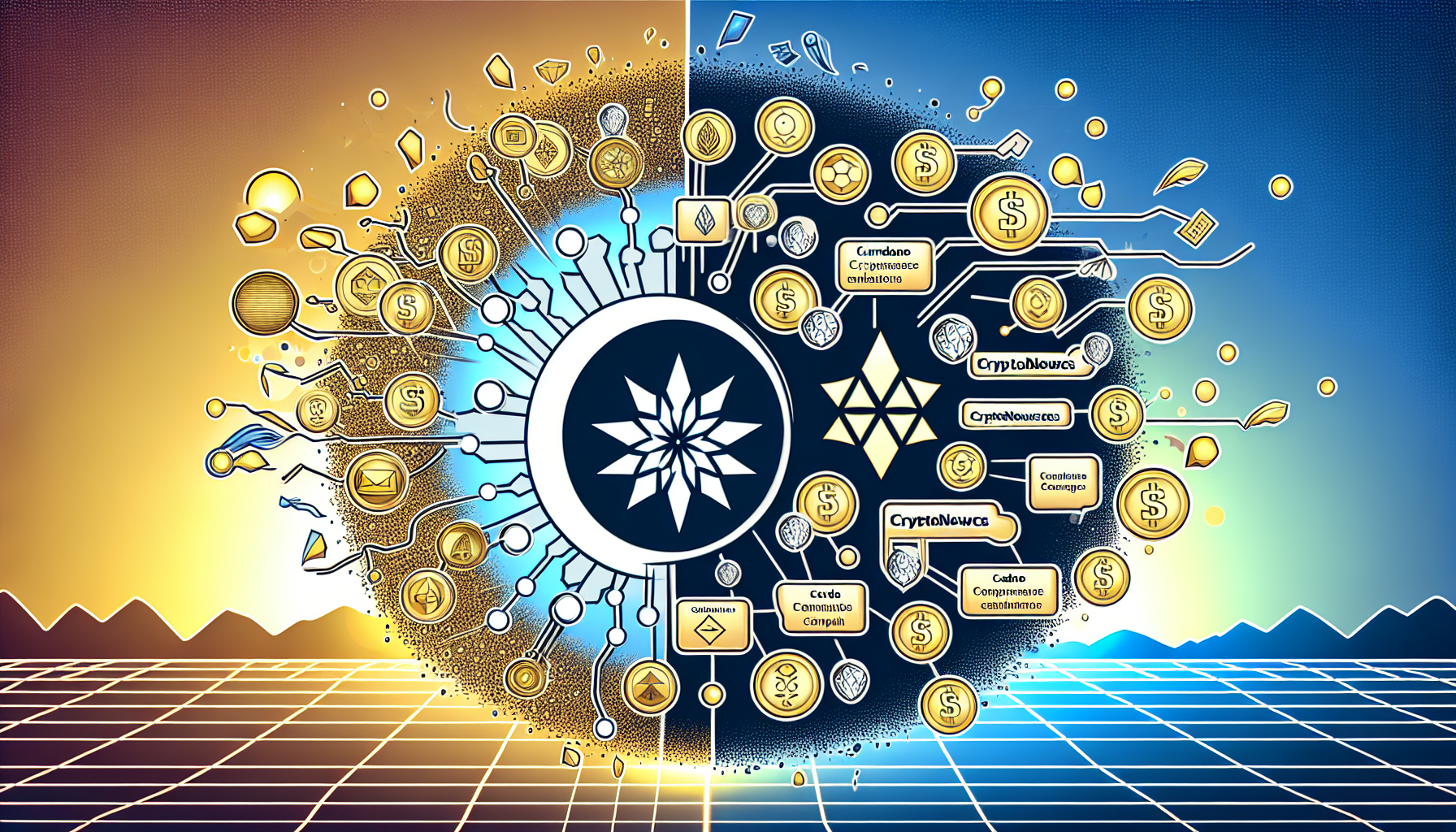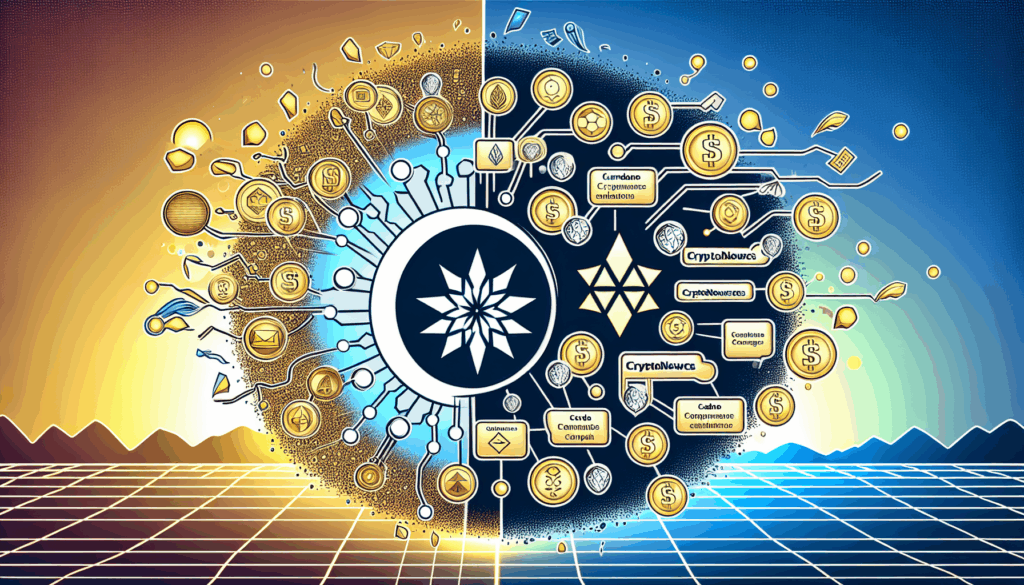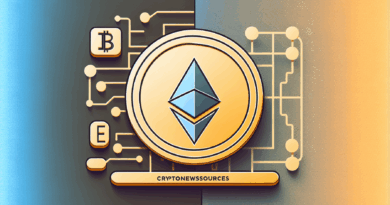Solana vs Cardano: Which Blockchain Reigns Supreme?
Solana vs Cardano: Which Blockchain Reigns Supreme?
As the blockchain landscape evolves, the debate of Solana vs Cardano intensifies among investors and developers. Both platforms are recognized for their innovative approaches but face distinct challenges that impact their adoption and functionality.
Pain Points: What Do Users Face?
Investors often grapple with throughput and transaction speeds. For example, during peak NFT launches, users on Ethereum frequently complain about high gas fees and slow transactions. Solana claims to handle 65,000 transactions per second (TPS), while Cardano’s multi-layer architecture offers a more measured approach. But do these numbers truly reflect the platforms’ capabilities in real-world applications?
Solutions Breakdown: Deep Dive into Each Platform
The heart of the Solana vs Cardano discussion lies in their architectures. Let’s explore how they differ:

- Unique Consensus Mechanism
Solana employs **Proof of History** (PoH) for transaction validation, allowing it to achieve high speeds and low costs. Meanwhile, Cardano uses a resilience-focused **Ouroboros** proof-of-stake (PoS) algorithm to minimize energy consumption. - Development Environment
Solana supports smart contracts using Rust, while Cardano’s **Marlowe** and **Plutus** languages aim to enhance user-friendliness for developers. - Community and Ecosystem
While Solana has rapidly grown with projects like Serum, Cardano has nurtured a strong community of academic researchers continuously optimizing its protocol.
| Parameter | Solana | Cardano |
|---|---|---|
| Security | High speed, yet questioned decentralization | Solid security with comprehensive peer-reviewed protocol |
| Cost | Extremely low transaction fees | Moderate fees due to PoS mechanisms |
| Use Cases | Suitable for high-volume transactions like DeFi and NFTs | Ideal for enterprise applications and academic collaborations |
Recent data from the Chainalysis 2025 report suggests a substantial increase in bandwidth requirements across various blockchain networks, reinforcing the need for scalability solutions.
Risk Warnings: Navigating Challenges
Both platforms are not without their risks. **Investors should be cautious of network security issues**, particularly with Solana, which has faced outages that raised eyebrows concerning its reliability. Additionally, Cardano’s slower development pace may deter innovation. Investing with a clear understanding of the **evolving regulatory landscape** is also crucial.
Ultimately, evaluating Solana vs Cardano requires a keen understanding of the unique value propositions each presents.
At cryptonewssources, we emphasize informed decision-making tailored to your specific needs and goals in cryptocurrency investment.
FAQ
Q: Which is faster, Solana or Cardano?
A: Solana is significantly faster, handling thousands of transactions per second, compared to Cardano.
Q: Which platform is better for NFT projects?
A: Solana’s speed and low fees make it an attractive choice for NFT projects over Cardano.
Q: Are there security concerns with either platform?
A: Yes, Solana has faced outages, prompting concerns, while Cardano focuses on solid security practices.
Crafted by Dr. Alex Newman, a blockchain expert with numerous publications in the field and a leader in auditing renowned blockchain projects.




